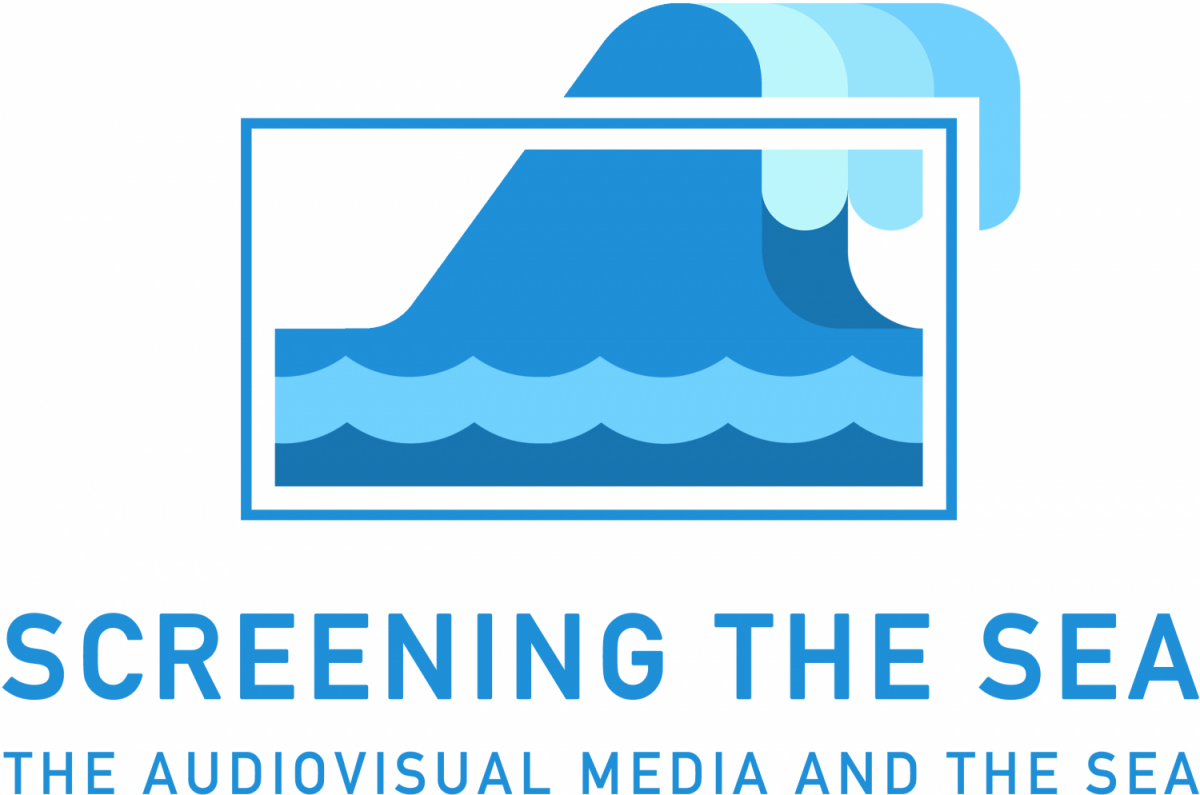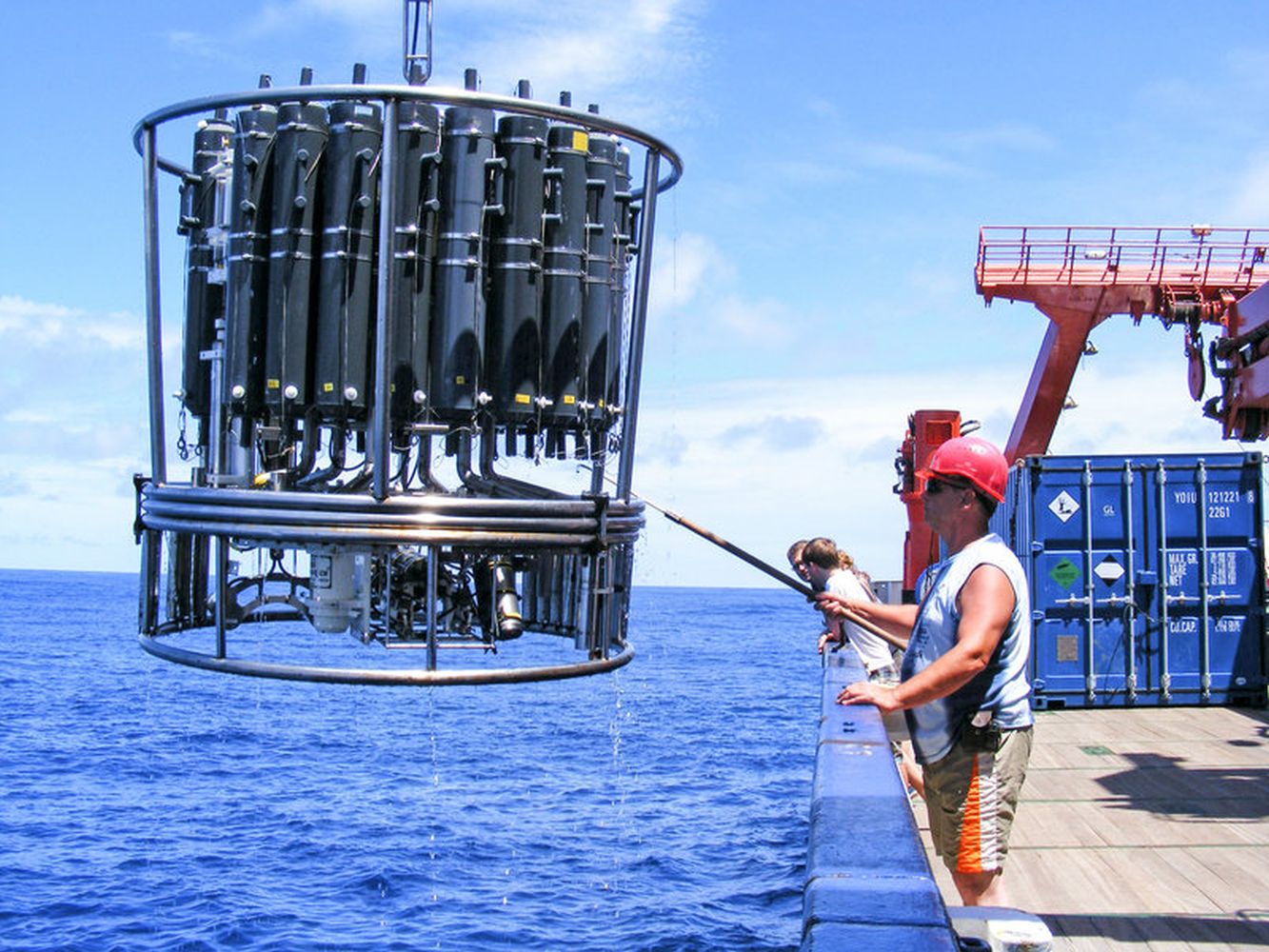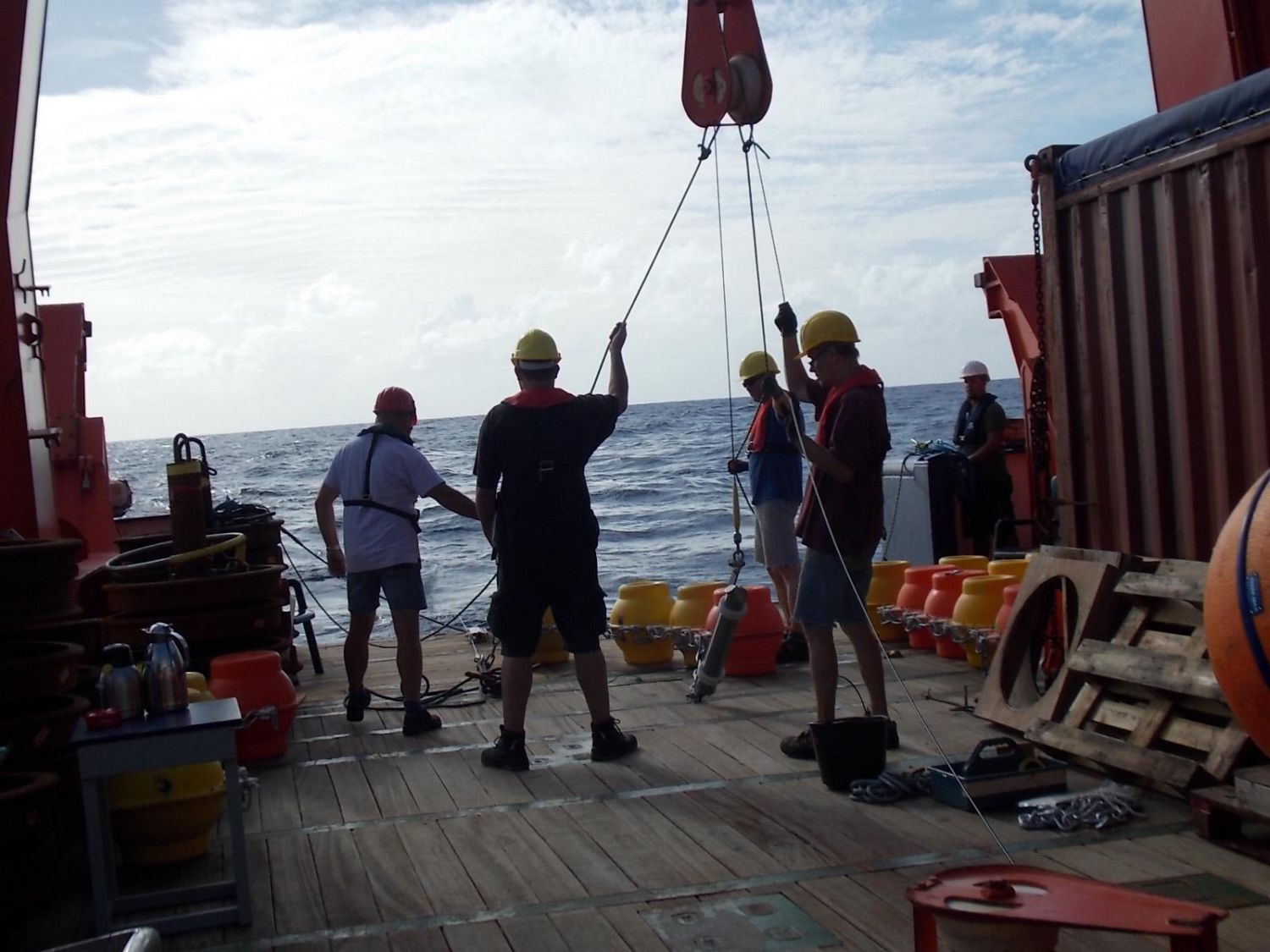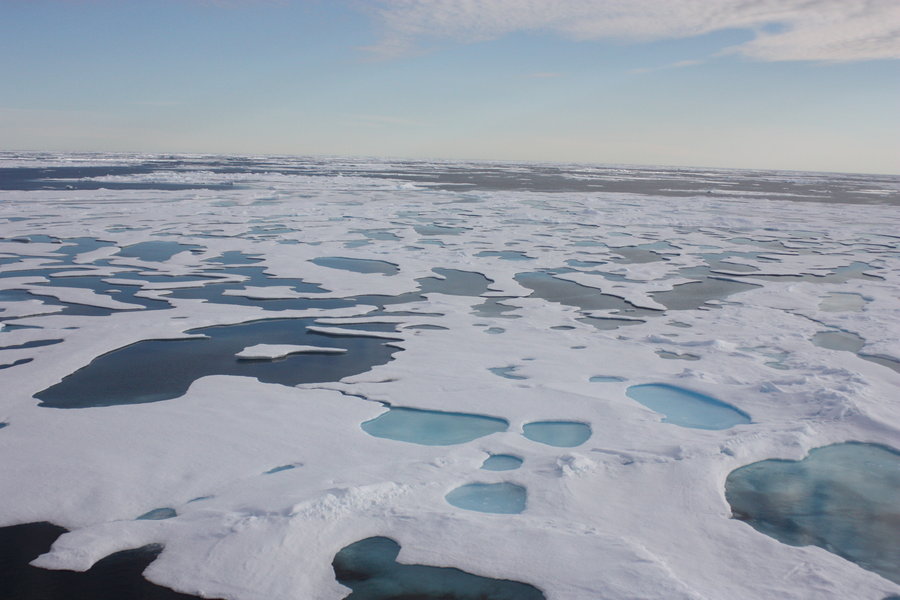In view of its infinite expanse, destructive force and vitalimportance for coastal towns and their citizens, its role as a place of longing, heroic challenges andmilitary battles, as well as of the existential threat it poses to castaways and refugees, it seems as ifthe list of connotations of the sea were as vast as the myth of its infinite resources.
The conference's goal is to delve into the depths of the sea's cultural history, and to explore its numerous forms of representation, functions, interpretations, narrativisations and ideologisations in film and audiovisual media in general.
Despite being organised in the fields of media, film and literary studies, the conference is aimed at all other disciplines to which a theoretical, historical, empirical and analytical engagement with the audiovisual representation of the sea is of importance.
Possible subjects and questions that could be discussed in the conference papers might be:
Imag(in)ing the Sea: The Sea between Imaginability and Presentability
• How does the audiovisual representation of the sea lead to it being perceived as a space away from everyday life? How does the sea become a projection screen for mythical imaginations?
• Which symbolic meanings are ascribed to the sea? Which (cognitive) metaphors are addressed by audiovisual representations of the sea?
• Which technical developments have influenced the portrayal of the sea in feature films and documentaries? What influence do digital visual effects have on the representation of the deep sea, storms, sea disasters etc.?
• How does the representation of the sea in feature films conform to/differ from how the sea is displayed in documentaries? Do the genres/modes influence each other?
• Do scientific findings change the cinematic representation of the sea? How might these images affect the behaviours and attitudes of the film audience?
• How might audiovisual representations raise awareness of the finite number of resources – e.g. fish stocks –, and of the limited capacity of the sea – e.g. plastic pollution?
Streaming the Sea: The Sea and its Audiovisual Representation on the Internet
• How is the sea represented on the social web? Are there any differences to its cinematic representation? If so, in what way do these stem from the different media environment?
• Is there a way to outline the broad spectrum of YouTube channels which are concerned with the sea? Do the videos display any particular forms of representation, aesthetic characteristics or narrative strategies?
• What influence do such YouTube channels and videos have on recipients? In what way might the comment sections, video responses or ratings be of interest for research projects?
• How are audiovisual representations of the sea used in online campaigns by political groups, business enterprises or non-governmental organisations?
Narrating the Sea: The Sea as the Subject of Narrative Cultures
• How do audiovisual narratives about the sea influence its perception in the public discourse? How do these ocean narratives affect human interpretations and ways of dealing with the sea?
• Which regional or national features can be identified in audiovisual narratives about the sea? Which – different – cultural meanings do these narratives bear in coastal areas and those far from the sea?
• Are the transoceanic and transhanseatic relations between different coastal towns reflected in a shared narrative?
• In what way might the methods of Digital Humanities contribute to the analysis of Ocean Narratives? How can the concepts of Digital Humanities complement approaches in media and
cultural studies as well as in political and social sciences?
Encountering the Sea: The Sea as a Place of Meeting and Field of Action
• How does the sea become the scene of deliberate, accidental and fateful encounters in audiovisual productions?
• Are the audiovisual representations of the sea ideologically biased, politically influenced or economically instrumentalised?
• How is the sea constituted as a border between nations and cultures? In what way do audiovisual representations of the sea as a 'legal black hole' or transit zone for refugees refer to global discourses?
• How do audiovisual representations address the environmental and ecological dimension of the sea? How are the flora and fauna of the sea constituted as a habitat worth protecting? How is the human impact on the environment – e.g. in form of oil drilling and pollution – portrayed? How are the measures to restore the marine ecosystems represented?
The conference is hosted in cooperation with the CINEMARE International Ocean Film Festival Kiel.
In addition to a joint opening ceremony on 23rd October, 2019, and two film screenings followed by discussions, participants and guests of the conference have the opportunity to attend other festival related events. The conference and the festival programme will be published together in August, 2019, and will also be available on the CINEMARE website (http://cinemare.org).
Abstracts (approx. 2000 characters incl. spaces) for talks of 20–25 minutes plus 10–15 minutes of discussion can be submitted until 2nd June, 2019 (extended deadline). Please send an email with your abstract and a short biography (as a MS Word file) to the following emailaddress:
screeningthesea@ndl-medien.uni-kiel.de
The conference is planned and arranged by the Department of Media Studies at the Institute of
Modern German Literature and Media at Kiel University represented by Prof. Dr. Markus Kuhn in
close collaboration with Sandra Ludwig and Martin Ramm.
…



